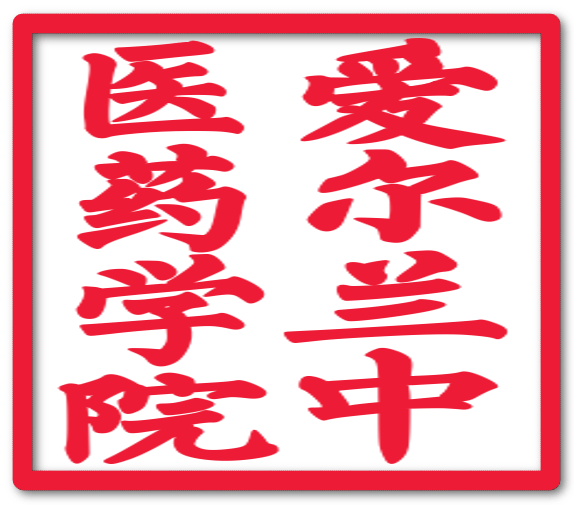Here is a short extract from an article entitled “Xin Pathology”, originally published in December 1995, written by the Director of the Irish College of TCM, Professor Tom Shanahan, (based on his now 40 plus years as a practitioner of Traditional Chinese Medicine).
“A common, but strangely undiscussed pathology, relating to Xin is the type of distress, disorientation and anxiety consequent upon or concomitant with prolonged sleeplessness.
The lack of sound sleep, or what the Chinese call ‘fullness’ of sleep, occasions the disorientation, confusion, and stress that here concerns me.
Many of the less commonly discussed Xin pathologies focus upon disorientation, confusion or lack of contact with reality. These are what I might conveniently label the more ‘spiritual’ aspects of Xin pathology (a Western Medic might label them as psychological or psychiatric) to distinguish them from the more crudely physiological clinical manifestations usually, and virtually exclusively, presented in the literature.
The most commonly encountered Xin-related complaints in my TCM clinic are not physiological. They concern Shen disturbance, in its multifarious forms. These are barely touched upon in standard texts. A palpable deficiency of information in this regard could stunt the practitioner’s efficacy as a physician.
… If sleep is unsettled, if it is restless rather than restful, if it is interrupted, for instance by distressing dreams or horrid nightmares – and if this goes on for, say, more than two or three nights in a row – then I have found that patients can become disturbed, in various ways, in the daytime.
… (There are) very distinctive physical accompaniments to disruption or distress of Xin Shen. They are compounded by increased inability to get off to sleep. This can create a vicious cycle that promotes even further deterioration. Night time becomes dreaded. The prospect of having to try to go to sleep assumes threatening proportions. Victims, consequently, feel, appear and sound increasingly wretched. Bed time, instead of being a haven of peace becomes a harbinger or torment.
… Soon they think that they are “quietly going mad”, that they are daily receding from the realms and safeguards of reality. The familiarity of the ‘everyday’ is lost. The prospect of reclaiming control, and the consequent safety that comes from control, seems less and less likely. Desperation melds with confusion. Anxiety accelerates. Unreality looms. ‘Madness’ threatens. Terror approaches.
This is often when they present in my TCM surgery”.
Read the full article here.




